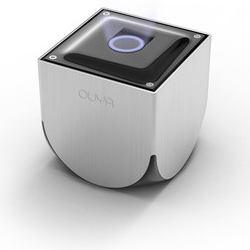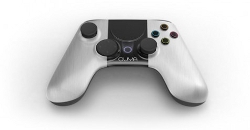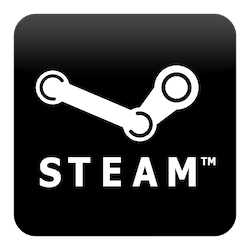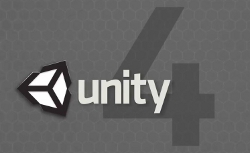



|

|

|

|

|
Source: Winda Benedetti from NBCNEWS Tech

Forget the Xbox, PlayStation and Wii -- the game machine everyone is
talking about today is the Ouya. If you haven't heard about Ouya, that's because it doesn't,
technically, exist as anything but a prototype yet. But it looks like it won't be long before
the silver and black cube designed to deliver games to your television will be made available
to the public -- for $99. That is, Ouya's creators have, in a matter of two days, raised more
than $3 million to produce the machine.
They had originally hoped to make $950,000 in 30 days through the crowdfunding site Kickstarter.
But according to the Kickstarter blog, the Ouya project passed that mark and raised $1 million in
pledges in its first eight hours -- making it the fastest Kickstarter project to reach the million
dollar mark.
 "We never anticipated that it would blow up like this."
"We never anticipated that it would blow up like this."
Ouya founder Julie Uhrman told Venture Beat.
So what, exactly, is Ouya (pronounced like booyah without the b)? It's an Android-powered open gaming
console designed by well-known industrial designer and philanthropist Yves Behar (he designed the One
Laptop Per Child laptops). The "open" part of that sentence means that while game developers must get
permission from the companies behind the Xbox 360, PlayStation 3 and Wii and pay for expensive development
kits to make games for those machines, that won't be the case with Ouya.
All developers will be welcome to make games for the Ouya without any licensing fees, retail fees or
publishing fees say the gadget's creators. Instead, every Ouya will be its own development kit so developers
won't need to purchase a license or an additional software development kit. And it will be open to developers,
hackers and hobbyists of all stripes.
"The console market is pushing developers away,"
says Ouya's creators on their Kickstarter page.
"We've seen a brain drain: some of the best, most creative gamemakers are focused on mobile and
social games because those platforms are more developer-friendly."
Source: JC Fletcher from Joystiq.com

Steam's Big Picture Mode, the new menu designed for use on TVs, will be available in beta today, as
reported over the weekend. More information, including screenshots of the menu, was released today,
including the look at the on-screen keyboard.
The "lotus" style keyboard (as in the flower, not the software company) has users tilt an analog stick
in one of eight directions to highlight a cluster of letters, then hit a colored button to specify the
letter. It's a weird-looking solution to the problem of on-screen typing, but a Valve staffer told Kotaku
that when people try it, "they're almost instantly faster than [when using] QWERTY."
Big Picture also includes a web browser, which can be used simultaneously with a game through a multitasking
feature. You can switch back and forth, Kotaku reports, without going back to your PC's desktop.
This isn't necessarily a first step toward the legendary "Steam Box" console. "What we really want is to
ship [Big Picture mode] and then learn," Big Picture Mode team leader Greg Coomer said. "So we want to find
out what people value about that. How they make use of it. When they make use of it. Whether it's even a good
idea for the broadest set of customers or not. And then decide what to do next."
Source: Fabian Scherschel from h-online.com

Unity Technologies, makers of the proprietary Unity 3D game engine, has announced that the upcoming version of their
product will support publishing games to the desktop Linux platform. Unity 4 has no release date yet but it is now
available for pre-order with a beta expected to arrive soon. The engine's predecessor is used in such titles as Battlestar
Galactica Online, Shadowgun: Deadzone and Rochard.
The news of Linux support in Unity 4 comes shortly after Brian Fargo's inXile entertainment raised almost three million
US dollars on Kickstarter to fund a sequel to the 1988 hit role-playing game Wasteland. Fargo pledged Linux support for
Wasteland 2 and has since stated that the Unity engine was chosen, at least partly, because of the introduction of Linux
support.
In their announcement of the new engine, Unity Technologies acknowledged the demand for Linux support in game engines,
saying they intend "to bring exciting new content to the estimated 10% of the game-hungry PC market".
Aside from publishing on Linux, Unity 4 will also support Windows, Mac OS X, Android, iOS, all major games consoles
and deployment on the web via Flash in the browser.